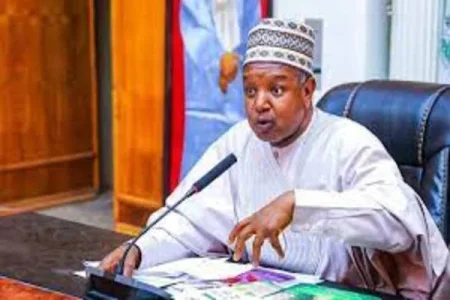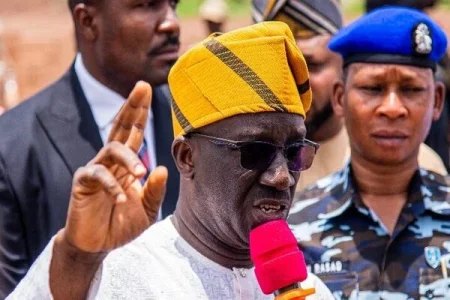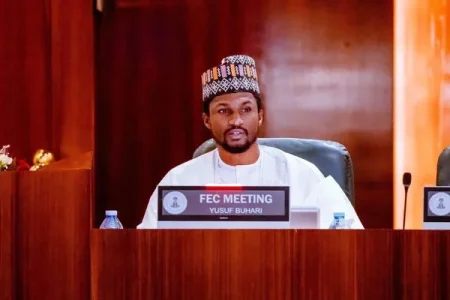
The Nigerian government plans to seek a $2.5 billion World Bank loan to fund critical infrastructure projects, as the N50 billion PIDF is insufficient. Key projects include major roadways, railways, and dam expansions. This strategic move aims to boost economic recovery and sustainable development amidst fiscal challenges.
To address Nigeria’s pressing infrastructure needs, the federal government has announced plans to seek a $2.5 billion loan from the World Bank. This move comes as the proposed 2024 budget, partially financed by the N50 billion Presidential Infrastructure Development Fund (PIDF) held by the National Sovereign Wealth Investment Authority (NSWIA), has been deemed insufficient to fund the "Renewed Hope Transformational Projects."
Senator Atiku Bagudu, Minister of Budget and Economic Planning, disclosed this during a briefing with the joint session of the Senate and House of Representatives Committees on National Planning and Economic Affairs. Bagudu emphasized that while the N50 billion PIDF is a significant contribution, it falls short of covering the comprehensive infrastructure upgrades envisioned in the supplementary budget.
Additionally, Bagudu mentioned that more funds would be allocated to support Compressed Natural Gas (CNG) and Liquefied Natural Gas (LNG) projects to enhance Nigeria's energy competitiveness. The World Bank’s management is expected to convene soon to decide on the loan’s approval.
Senator Yahaya Abdullahi, Chairman of the Senate Committee, suggested that amending the 2024 budget might be more efficient than drafting a new appropriation bill due to the high costs associated with the process. This approach aims to ensure that Nigeria can swiftly implement the necessary infrastructure projects without unnecessary delays.
As the federal government seeks this substantial loan, the focus remains on driving economic recovery and ensuring long-term sustainable development for the nation. This strategic move underscores the administration's commitment to addressing infrastructure deficits and fostering growth amidst a challenging fiscal landscape.




